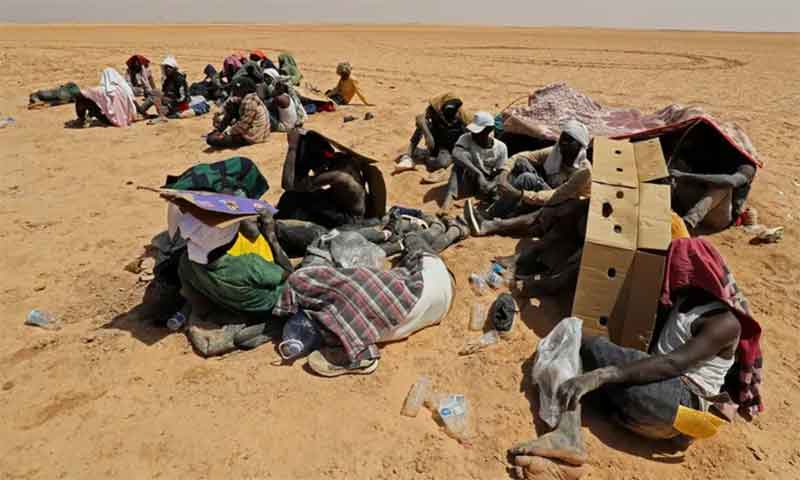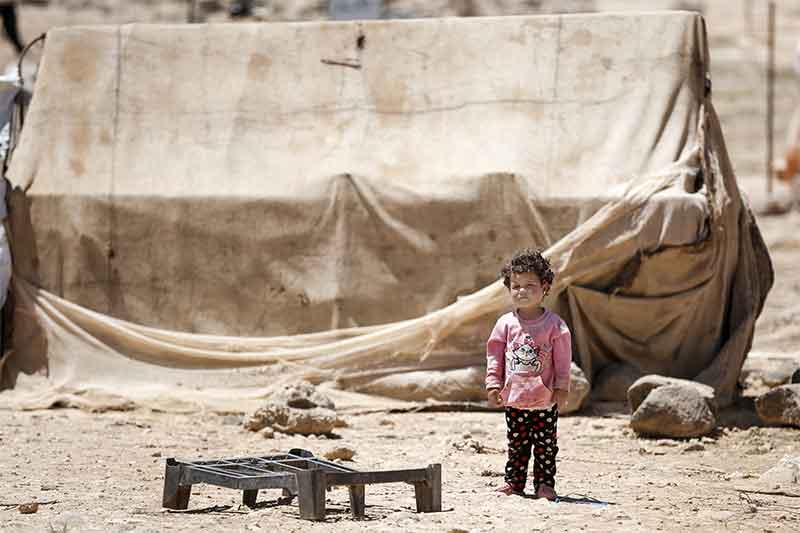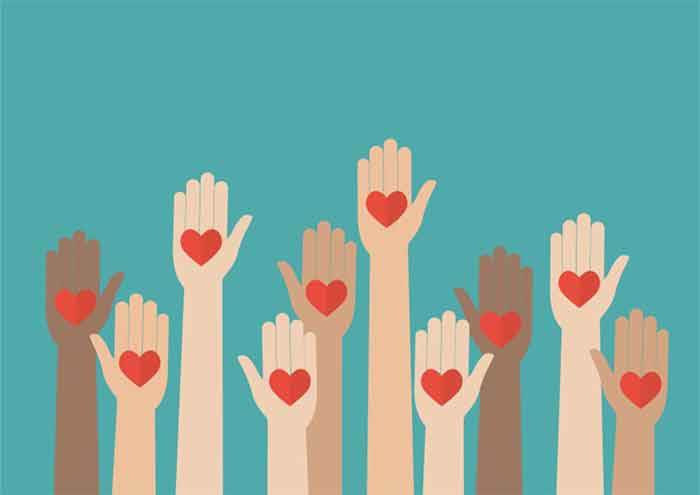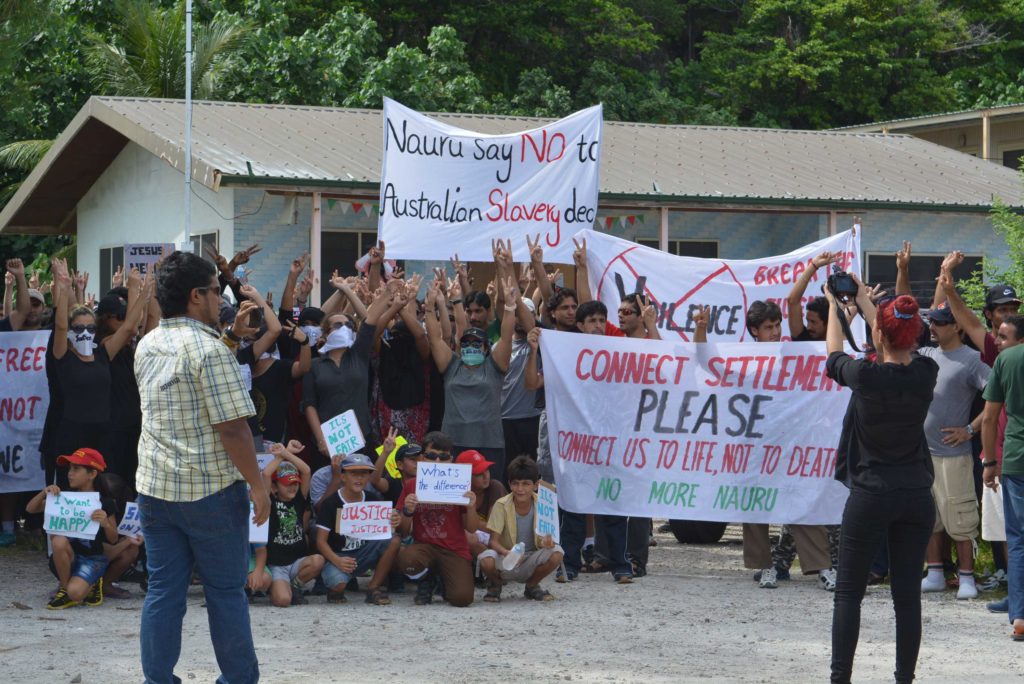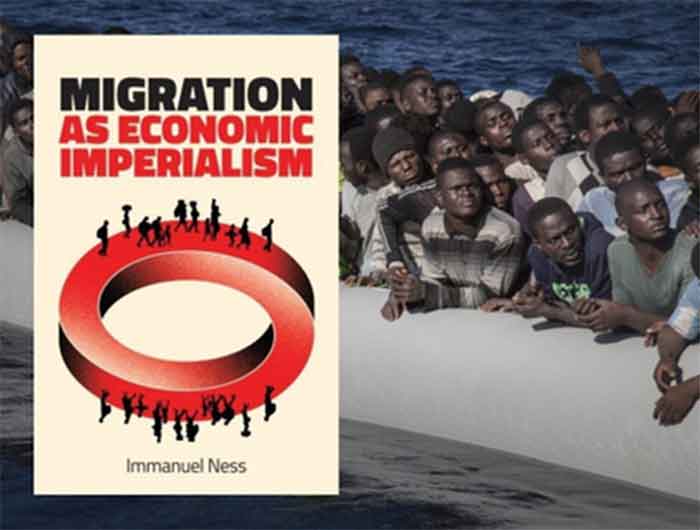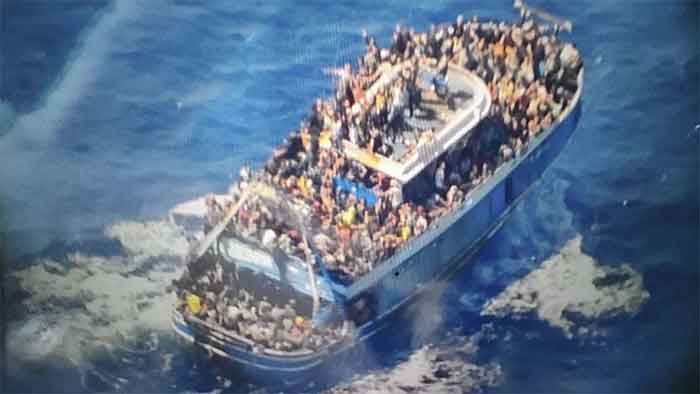
I had first met Frishta in 2015 when she was a volunteer teacher, in Kabul, Afghanistan. At a school for “street kids” she helped young child laborers gain literacy and math skills, while also learning basic ideas about nonviolence. The children could be rowdy and boisterous, but when Frishta entered the classroom, they were eager to please their talented teacher. Frishta’s altruism and skill made her a target for persecution when the Taliban ascended to power. Following death threats to her and her husband, the couple fled their home just prior to the Taliban takeover of Kabul. Days later, on August 21st, 2021, Frishta gave birth to Arsalan.
Eventually, after harrowing and harsh months seeking refuge in Pakistan, the family found a safe haven in Portugal. An international group of activists familiar with the former volunteer group helped devise a model resettlement project. Now, 25 young Afghans have been integrated in Portuguese cities. Eight of the young people have spent thirteen months in Mértola, helping rehabilitate arid land through syntropic farming and permaculture. Together, they pursued a program designed to fully integrate them into Portuguese society.
During today’s conversation, Arsalan amused himself with a garden hose by watering the flowers, the walls and himself. “Look where he is now,” said Eunice, shifting the phone to show Arsalan, fully clothed, splashing contentedly in a small tub he had partially filled with water. From his makeshift boat, he blew me a kiss!
Arsalan’s security, in sharp contrast to the dangerous circumstances surrounding his birth, should epitomize the story of every vulnerable refugee seeking a safe haven. Sadly, tragically, and shamefully, on this World Refugee Day, we must recall a tragedy all too familiar which took place last week. In the deepest part of the Mediterranean Sea, a ship carrying at least 100 children, among hundreds of others, capsized.
Irish author Sally Hayden, who, for years, has accompanied migrants attempting to enter Europe, writes: “The dead are victims of the world’s inequality. They are victims of the fact that the privileged of this planet have freedom of movement simply due to the luck of where they were born, while much of the rest must risk their lives in the hope of accessing a secure, dignified life….Those who survive that journey live with huge trauma – many have told me how they are haunted by memories of watching family members or friends drown; how they appealed for help, but their distress calls were ignored; how, when the boat engines failed or fuel ran out and they drifted, they were certain they would die of thirst one by one.”
The mind revolts and simply will not consent to imagine the terror felt by a single child, much less the hundred or so who drowned and sank to the ocean’s deepest depths inside that boat last Wednesday. Photos of the boat before it sank showed the upper decks entirely packed with would-be migrants, meaning that, horrifically, the lower decks were crammed with migrants – including most of the children – as well. It’s estimated 500, or even 750, people were on board. There were only 104 survivors, mostly young adult males with the strength to cling for hours onto available wreckage. There were no life preservers; legal migration had been made near-impossible.
Writing from Ireland, Ed Horgan, a campaigner for Irish neutrality, calls this a tragedy in which “hundreds of migrants were fleeing wars and dire poverty and human rights abuses.” (Irish Examiner, Opinion, 17 June)
Horror spreads everywhere when militarism reigns and weapon sales proliferate, causing displacement and rising numbers of people fleeing violence.
Horgan holds The European Union’s Border and Coast Guard agency, FRONTEX, partly accountable, noting they and the Greek Coast Guard, “had been monitoring this ship for up to 12 hours prior to the disaster, and failed to offer any practical assistance until it was too late.”
Here in the United States, where I live, similar tragedies unfold. One of my closest friends, Laurie Hasbrook, has worked to accompany refugees arriving in Chicago for over two decades. Last weekend, with two other volunteers, she was almost arrested for attempting to serve food and supply warm clothing to shivering and famished migrants who had newly arrived in Chicago. U.S. activists in the southwest face criminal charges for attempting to save the lives of migrants by dropping off water and food supplies along routes where needy people might access the supplies.
We have much to learn from people in Portugal who’ve created model projects based on mutual respect and creative problem-solving as they’ve welcomed young Afghans to become integral members of Portuguese society.
Upholding the right to safety, we should stop pouring money into the coffers of military contractors. These merchants of death take us down the road of militarism and exploitation. Rather than be led by fortress Europe or US-led NATO full spectrum dominance, we should find security by extending the hand of friendship and seeking reciprocal, survivable plans to rehabilitate lands and communities. It’s vital that people worldwide persuade governments to promote global peace and justice instead of wars and military domination which inevitably lead to tragedies like the one which occurred last week in the Mediterranean Sea.
Photo Credit: Hellenic Coast Guard
Kathy Kelly, ([email protected]) is Board President of world BEYOND War and a co-coordinator of the Merchants of Death War Crimes Tribunal and BanKillerDrones.org

